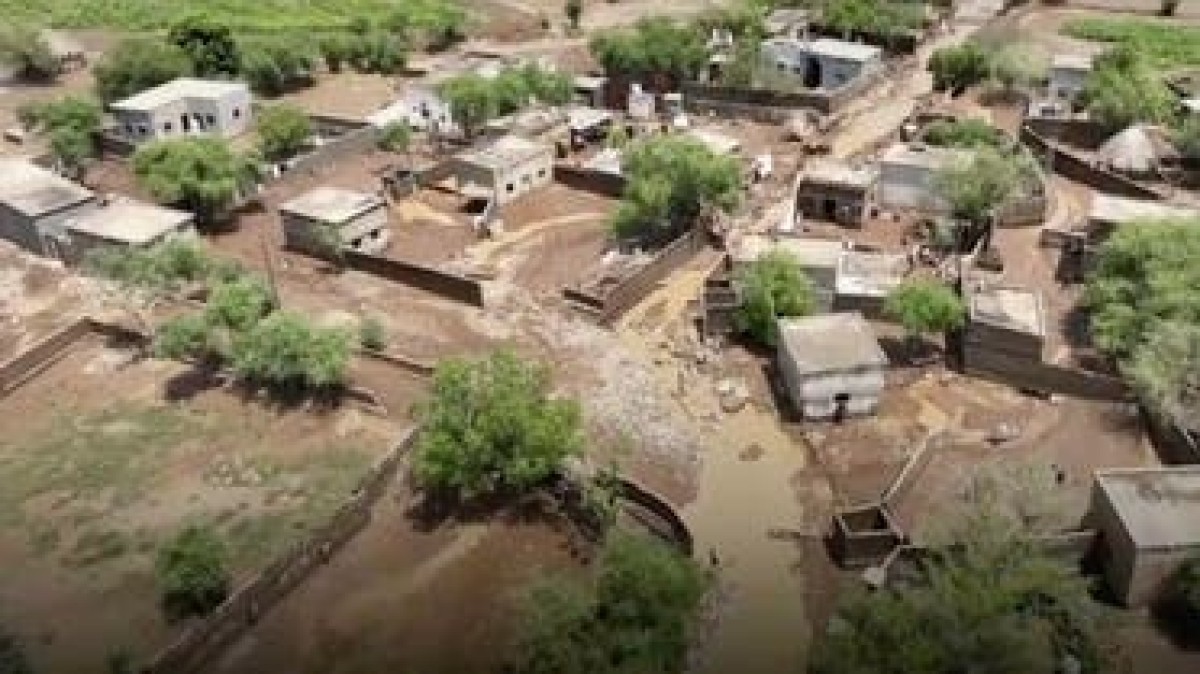United Nations: Yemen will lose $90 billion due to the deterioration of its agricultural lands


The United Nations said that the deterioration of agricultural lands will cause Yemen to lose about 90 billion US dollars, if the conflict in the country continues.
The United Nations Development Program office in Yemen stated, in a recent report on the degradation of agricultural lands in Yemen, that the country is one of the countries most “vulnerable to climate change on Earth,” and has the highest rates of malnutrition in the world among women and children.< /p>
He added: "If the conflict continues, in the land degradation scenario, by 2040, about $90 billion in cumulative gross domestic product will be lost, and another 2.6 million people will suffer from malnutrition."
He pointed out that the country will lose about $90 billion over the next 16 years, but if peace is achieved, he expects a return to what it was before the war within a period not exceeding ten years.
The report also expects that the country will return to pre-conflict levels of human development within just ten years, if the conflict is ended, governance is improved and targeted human development measures are implemented.
Within this scenario, the UN Program states that, by 2060, 33 million people will be lifted out of poverty, 16 million people will no longer suffer from malnutrition, and more than $500 billion in additional cumulative economic output will be produced.
>The UN Program believes that climate change, land, food security and peace are all linked. He warned against abandoning these matters, and said that excessive land degradation due to the conflict in Yemen would negatively affect agriculture and livelihoods, leading to mass hunger and undermining recovery efforts.
Zeina Ali Ahmed, Resident Representative of the United Nations Development Program in Yemen, said that work must be done to restore Yemen’s agricultural potential and address the human development deficit.
The bulletin warned that these conditions may affect human health, plants, livestock, and local livelihoods in the highlands, and expected that the continued dry conditions in the country will further deplete soil moisture, which will increase stress on vegetation and reduce the availability of fodder. , especially in arid and semi-arid regions.